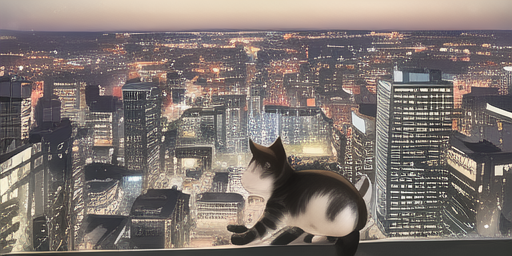《KKK-影视KKK个人资料:1818年代直播频道的精彩经历》
关键词'51kkk'与'KKK-影视KKK-影视个人资料KKK-影视直播间1818...'不仅为这篇网文提� Writers in the United States have often focused on political topics, but as societal issues like racial inequality and environmental concerns gain prominence, there is a noticeable shift toward more diverse themes. Contemporary fiction reflects these changes by exploring intricate human experiences through various lenses such as gender, race, culture, and socioeconomic status. This article delves into the current landscape of US fiction to examine how modern narratives are expanding beyond traditional boundaries and capturing a broader spectrum of American life.
Section 1: The Evolution of Themes in Contemporary Fiction
Modern US fiction has evolved significantly over time, transitioning from predominantly political-focused works toward encompassing diverse themes that address the complexities of contemporary society. Writers like Toni Morrison and Octavia Butler have pushed boundaries through their unique storytelling techniques and powerful narratives centered around race, identity, and social justice. Furthermore, authors such as Margaret Atwood and her speculative fiction often critique environmental degradation and its consequences. This shift in focus underscores the changing landscape of US literature as it moves from isolated experiences to a broader exploration of societal issues affecting diverse communities.
Section 2: Gender Dynamics and Representations in Fiction
Another significant development within contemporary fiction is the increasing representation and nuanced portrayal of gender dynamics. Female writers like Jodi Picoult and Chimamanda Ngozi Adichie have crafted narratives that explore issues such as domestic violence, feminism, motherhood, and identity struggles through their compelling characters. Similarly, male authors like Colson Whitehead and Michael Ondaatje engage with themes of masculinity, mental health, and cultural expectations in their works. By bringing forth these gender-centric perspectenas, contemporary fiction continues to challenge traditional stereotypes while providing insight into the experiences of both men and women living in modern America.

Section 3: Cultural Diversity and Inclusivity in Contemporary Fiction
The United States is a melting pot of cultures with diverse heritages contributing to its richness, making cultural diversity an essential component of contemporary fiction. Through their vivid storytelling, authors like Julia Alvarez and Junot Díaz have explored the struggles faced by immigrant communities while simultaneously celebrating their resilience and achievements. In recent years, there has also been a growing interest in portraying underrepresented groups, such as Native Americans (e.g., Louise Erdrich) and African Americans (e.g., Jesmyn Ward), thus creating more inclusive narratives that reflect America's multifaceted population.
Conclusion:
The landscape of US fiction has significantly evolved in recent years, moving beyond traditional political themes to embrace a broader range of societal issues and human experiences. From exploring gender dynamics and racial inequality to highlighting cultural diversity and environmental concerns, contemporary writers continue to challenge norms and create stories that resonate with today's society. As these narratives evolve further, they not only enrich the literary landscape but also provide a deeper understanding of the human condition in the ever-changing world around us.
用户评论 0
暂无评论




